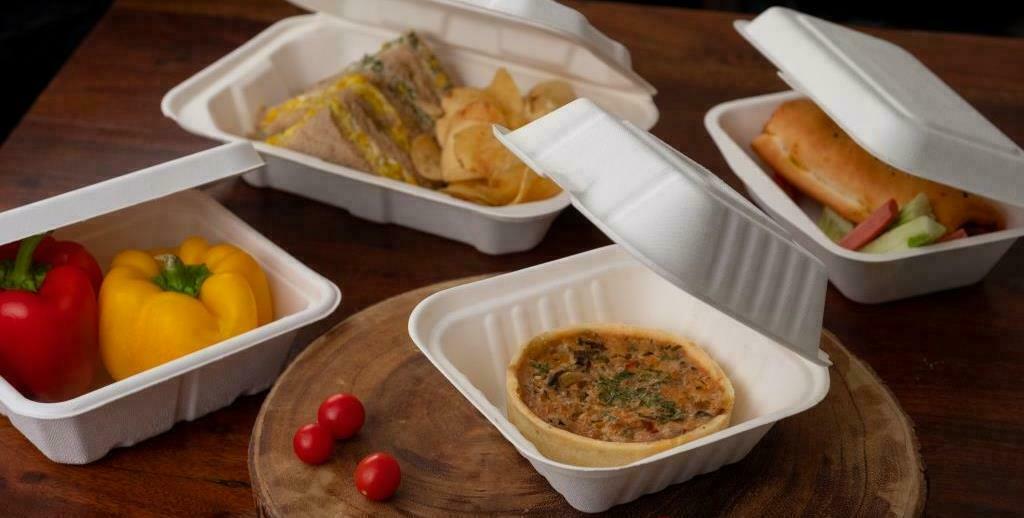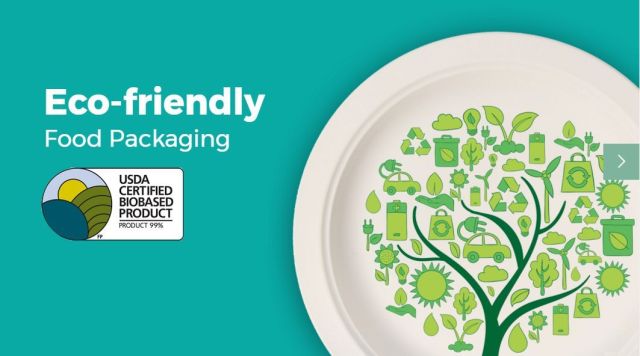We know that using plastic and styrofoam disposable cutlery are hazardous to our health as well environment. Countries like China and France banned the use of plastic and styrofoam recently to manufacture disposable tableware. Considering these are environmentally hazardous and non-degradable.
On September 1, 2016 the French government ruled to ban disposable plastic plates, cutlery, and cups. According to a new law, by the year 2020 at least 50% of the material used to produce such articles will have to be from renewable sources. This proportion should rise to 60% by 2025.
China has banned plastic bags by forbidding stores from offering customers free plastic bags. Instead, the government is encouraging customers to use cloth bags and baskets. The ban has yielded great results. The country of 1.3 billion was using 3 billion bags every day. Now bag usage is down by 66 percent, cutting the use of 40 billion bags total.
The question is, why these countries are banning plastic and plastic products?
Here is why:
First of all, plastics, styrofoam, and thermocol are either not degradable or take too much effort to recycle. The effort in recycling these materials is so much that most municipalities just do not care to recycle them. They send them to landfills. The waste created by these materials is going to live on the Earth, for hundreds of decades, even after the next generation will be gone.
The second most important reason is poisoning. Yes, you read it right. Plastics and other derivatives such as melamine, polystyrene, etc., which are used to make disposable tableware find their way to get into our body via food we eat in them. The plastic reacts with the hot food served in it and gets into the food item and into our bodies. There are numerous scientific studies suggesting that plastic materials are toxic to living beings and cause diseases of the liver, kidney and other body parts.
So, what is the solution?
Eco-friendly disposable biodegradable tableware.
Welcome to the world of alternative technologies and materials to produce biodegradable disposable ware. Industries are using materials such as sugarcane bagasse (from sugar manufacturing industry), bamboo and wheat straw increasingly for making biodegradable and environmentally safe products. These eco-friendly products pose zero health hazards and are easy to compost in our home composter.
At Ecoware, we use sugarcane bagasse to produce designer disposable plates, cups, cutleries, and tableware. These products are 100% biodegradable and compostable. The sugarcane bagasse is a by-product of the sugar industry. The sugarcane bagasse, get cleaned under hygienic conditions and gets transformed into cutlery and crockery using a natural and chemical-free manufacturing process. Wastes from the manufacturing process are biodegradable in nature just as the products that Ecoware produces. The waste goes right back into nature for compost making which in turn increases crop yields. At Ecoware, our core value is that we produce disposable tableware that comes from plants, not plastic.
Climate change, no doubt is a real and serious threat to life on the Earth. And, we cannot just make government or corporates or any individual org. or body responsible for it. It’s a collective responsibility and we all together can reverse the effects of climate change. For that, we as individuals, governments & companies need to come together and take it up as our social responsibility.










